
Feminist talk
South Korea: Censorship of telemedical services as a form of denying abortion access
When countries invoke peripheral laws such as pharmaceutical violations or conscientious objection clauses as justification for blocking, restricting, or limiting abortion access, they are invariably creating additional barriers, not upholding legal integrity.

In depth
How helpful are helpline numbers?
COVID-19 pandemic has led to a spike in gender-based violence in India. Helpline numbers and digital tools have been used to reach out to survivors, given the absence of physical services. But those women who cannot use phones, email or social media are most likely to be entirely excluded from these systems.
This piece was written as a part of a CIS project.

Publication
The Signs in Ourselves: Exploring Queer Muslim Courage
The Signs in Ourselves is an illustrated publication that documents in depth lived experiences of 12 queer Muslims from Indonesia, Malaysia and Singapore, while also sharing snapshots of experiences from queer Muslims across the world.

Publication
At stake is our bodily integrity
Privacy concerns have been raised about the use of digital technologies to combat the spread of the COVID-19. But what is at stake is not merely our informational privacy, but our autonomy, dignity, bodily integrity, and equality. This piece by Tanisha Ranjit is part of an ongoing research on bodies and data at the Internet Democracy Project.
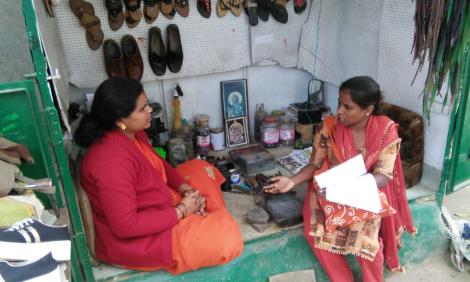
In depth
Domestic work in the platform economy: reflections on conducting interviews on sensitive issues
As part of the Feminist Internet Research Network, we are including a series of short pieces on reflections by researchers on the ground, and in this piece a researcher talks about the experience of doing research with workers, unions and companies and of trying to determine the extent of sexual harassment or caste prejudice in the platform economy around domestic labour
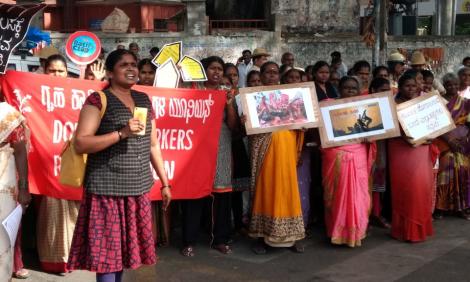
In depth
Domestic work in the platform economy: reflections on difficulty to set up interviews
As part of the Feminist Internet Research Network, we are including a series of short pieces on reflections by researchers on the ground, and in this piece, the researcher speaks of the difficulties of setting up interviews with domestic workers, often torn between home and work obligations.
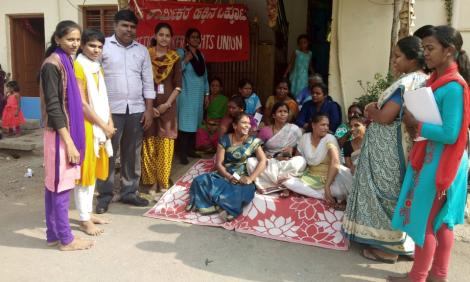
In depth
Domestic work in the platform economy: reflections on research and social work
As part of the Feminist Internet Research Network, we are including a series of short pieces on reflections by researchers on the ground, and in this piece, the writer explores how it is possible but also difficult for her to do social work and awareness building, and shift to doing research.
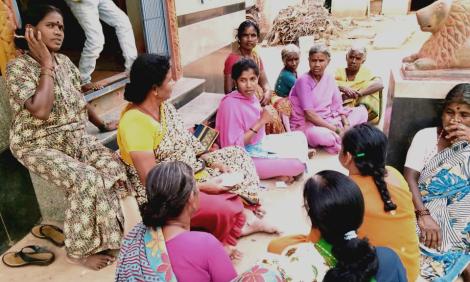
In depth
Digital mediation of reproductive and care work in India: research reflexivity and challenges
Women who do domestic work are able to now find employers through online platforms, but does this new avenue and promise of the digital economy ensure that their labour rights are upheld? In this short series, we read about four researchers who directly interviewed with workers as part of a project in the Feminist Internet Research Network. Here are the reflections of the researchers on ethics…
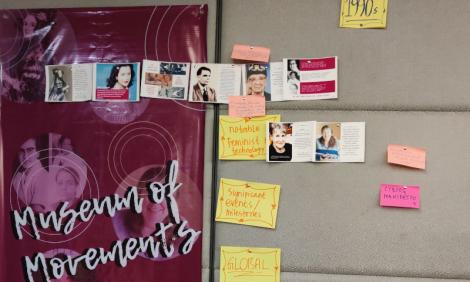
Feminist talk
How one can imagine embodiment in our “disembodied” online lives?
Shivani Lal shares her experience attending the Imagine a Feminist Internet workshop in Malaysia in November 2019. Shivani explores how one can imagine embodiment in our “disembodied” online lives as a part of our very networked lives today.

Feminist talk
Finding the Pleasure Point in Internet Policy Spaces
For some of us pleasure in our work is possible, even if it is to find the breaking and bending points in the institutions of policy and law. But even though political and particularly feminist frameworks make space for pleasure, where is the space for that in legal or policy language at the international or national level?




